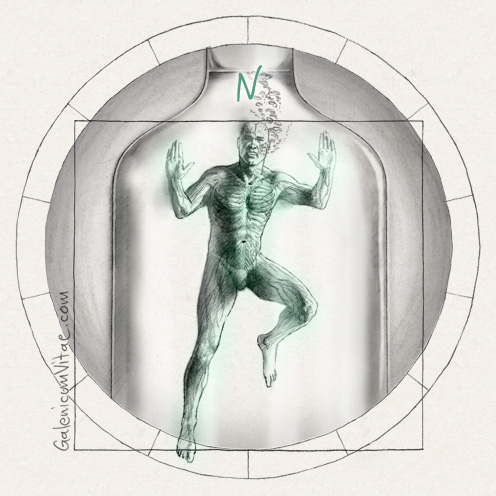Alcohol is the most abused and socially accepted drug.
Side effects. Excessive and regular consumption of alcohol can damage the liver and pancreas; it can cause gastritis and stomach ulcers, malnutrition and nervous system disorders.
With regular consumption, there is a risk of developing tolerance (the person must drink more and more to get the same effect), the person can develop a physical dependence (withdrawal symptoms) and psychological dependency can also occur (loss of control and the need to continue drinking despite adverse consequences). Alcohol dependence syndrome presents physical, mental and psychosocial impairment (family, social and work life, etc.).
Not all people react the same way when consuming alcohol. There are individual differences that make some people more predisposed than others to suffer negative consequences, and therefore it is easier for them to develop dependence.
The main symptom of that makes one suspect alcohol dependence is the loss of control, whether related to the amount consumed or the time of consumption. A person can be considered dependent even if he does not usually drink, but when he does drink he often does so uncontrollably, i.e. he plans to drink just a little and ends up drinking a lot; or he says he will not drink at a specific time and place, but he ends up drinking anyway.
For more information visit:
Alcohol
http://www.who.int/mediacentre/factsheets/fs349/es/
Alcohol
http://www.aa.org/
Alcoholism and Alcohol Abuse
http://www.helpguide.org/articles/addiction/alcoholism-and-alcohol-abuse.htm

 Digestive
Digestive  Blood
Blood Cardiovascular
Cardiovascular Dermatology
Dermatology Genitourinary,
Genitourinary, Hormones
Hormones Infections
Infections Oncology and
Oncology and Musculo-skeletal
Musculo-skeletal Mental health and
Mental health and Parasites
Parasites Respiratory
Respiratory Senses
Senses Various
Various




